EA, your SimCity is broke
A cautionary tale goes ignored
I've been putting a lot of time into SimCity over the past few nights, whenever the temperamental servers would permit it. I'm not able to experiment with the social features as much as I'd like to, because they're not really working. And besides, most of my friends are either not able to log into the game, or they've been pushed onto different servers than the one I'm in. But I've still been playing. And, as I played, I learned valuable lessons, changing how I approach building my metropolis. The biggest thing I've taken away was not to let my ambition get the better of me--to make sure I'm able to support a healthy, growing city.
If I can't afford to plop down another power plant, I shouldn't build any more factories. If my roads are already struggling with traffic, I shouldn't build more neighborhoods. The more I play SimCity, the more I realize that many of the game's online problems wouldn't exist if the Electronic Arts approached the launch with the same logic Maxis baked into the game itself. In a way, Maxis created a cautionary tale about ambition gone unchecked with SimCity, and then EA ignored its lesson.
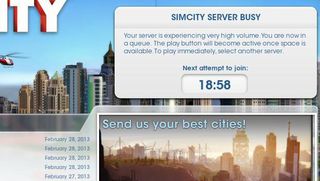
SimCity's online issues are inexcusable. Not bad, not unfortunate, but outright inexcusable. As I write this, the servers are actually offline, preventing me from logging in to check up on my bustling metropolis (B. Buttercup Forest, in case you're wondering). I need to log in, too--you need to be connected to EA's Origin servers at all times while playing SimCity, irrespective of whether your play session involves others or not. This time, it's telling me that my login information is incorrect, but also that the servers are down, and also that it's still authenticating with SimCity servers. Even if it did work, there's a chance I wouldn't be able to play my city--the server I signed up for, US East 1 (the only one available when I loaded the game up), is marked as "Busy," meaning I might need to wait 30 minutes before even attempting to log into it at all. No, that's not a 30-minute queue, that's a 30-minute timer, letting me know when I'll be allowed to try and click play again. If the server is still full, I'm looking at another 30-minute timer.
And I've had it better than most people. I've got a friend who's caught in a loop right now, where the busy servers force him into repeating the tutorial over and over again, and I know others who simply haven't been able to log into the same server consistently. Another friend had his city simply vanish--something that actually happened to some people pre-launch when the servers were live for reviewers. We were told that this was a pre-release thing that wouldn't happen after the game was live. It did.
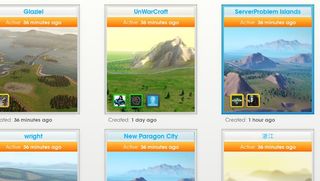
So far, information on exactly what went wrong is inconsistent, but every single excuse given has a SimCity in-game parallel that should have taught EA and Maxis how to plan better. Yesterday, SimCity's official Twitter claimed that "Some servers are seeing a lot of traffic," and then suggesting that players try joining other servers--a less-than-ideal response, considering how joining other servers means abandoning any friends on your old one (not to mention the cities and districts you've been painstakingly raising). Meanwhile, in SimCity, when you've got too many people trying to go to the same place, the answer is to improve the roads, solving your traffic problem by fixing what you have, not abandoning it entirely. The other solution is to plan your roads better, refusing to allow your city's traffic problems to get out of hand by anticipating who will need to go where, and when.
EA's Origin Twitter account had some excuses, too. "Due to the high demand for SimCity, Origin has experienced delays impacting a small percentage of users," it said, drastically underplaying the problem. That's not really acceptable either--my town's citizens wouldn't be happy if I said that some would go thirsty because I had a high demand for water. The answer is to plan for needing water, instead of letting things get out of hand and then trying to do damage control.
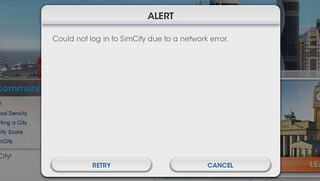
When it comes down to it, SimCity's botched launch is unforgivable because EA and Maxis created the problem, allowing ambition to trump practicality. EA allowed itself to release a product that required a constant internet connection, without having the systems in place to make sure it actually worked. And it didn't work. If EA couldn't assure a smooth launch with a game this size being always-online, then it shouldn't have done it to begin with. Of course, the MMO sector--in which EA competes with numerous different games--has been running this kind of operation for years, so it's not like they didn't know what they were getting in to.
Sign up to the 12DOVE Newsletter
Weekly digests, tales from the communities you love, and more
Even though it's arguably better for it (the social aspects add immense value to the city-building franchise), SimCity didn't need to be an online game. It's as simple as that. Being an always-on, connected social experience was a choice that the developers made without the infrastructure to support it, and even if it had the best of intentions, that doesn't matter to consumers. No matter how much more advanced it would make SimCity feel, or how much better of a game it would be if it all worked, that doesn’t change the fact that, currently, the game is functionally broken. If SimCity's launch was a city within SimCity, it'd be bankrupt within minutes, with indicators flashing all over the screen saying what went wrong--providing we can even log in at all.
You know that kid at parties who talks too much? Drink in hand, way too enthusiastic, ponderously well-educated in topics no one in their right mind should know about? Loud? Well, that kid’s occasionally us. GR Editorials is a semi-regular feature where we share our informed insights on the news at hand. Sharp, funny, and finger-on-the-pulse, it’s the information you need to know even when you don’t know you need it.
Hollander Cooper was the Lead Features Editor of 12DOVE between 2011 and 2014. After that lengthy stint managing GR's editorial calendar he moved behind the curtain and into the video game industry itself, working as social media manager for EA and as a communications lead at Riot Games. Hollander is currently stationed at Apple as an organic social lead for the App Store and Apple Arcade.
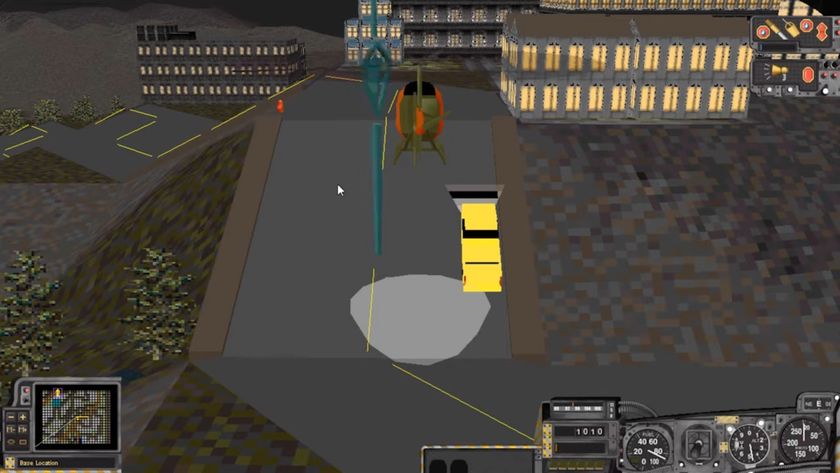
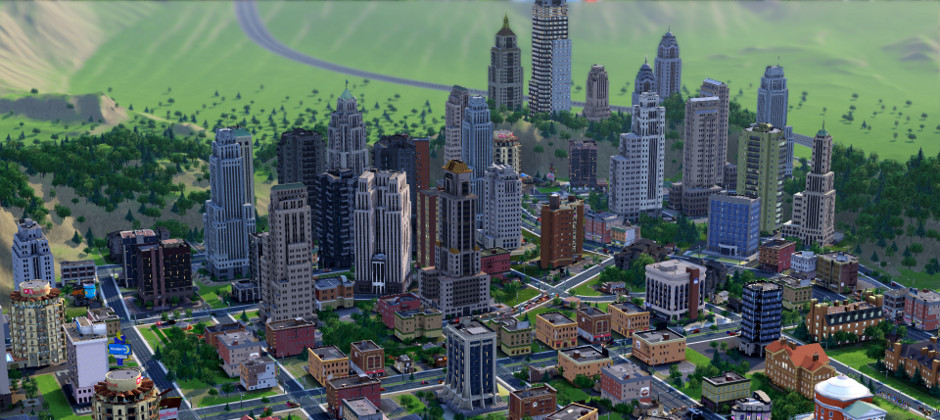
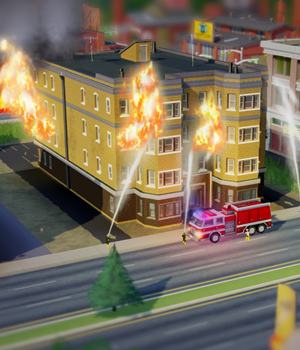
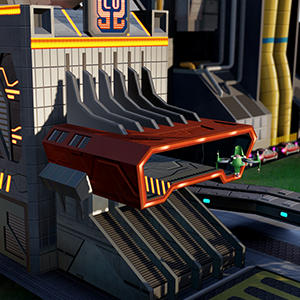
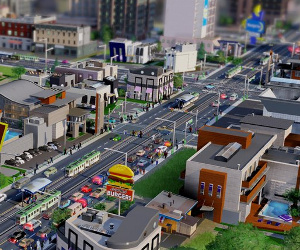
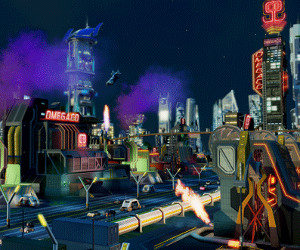




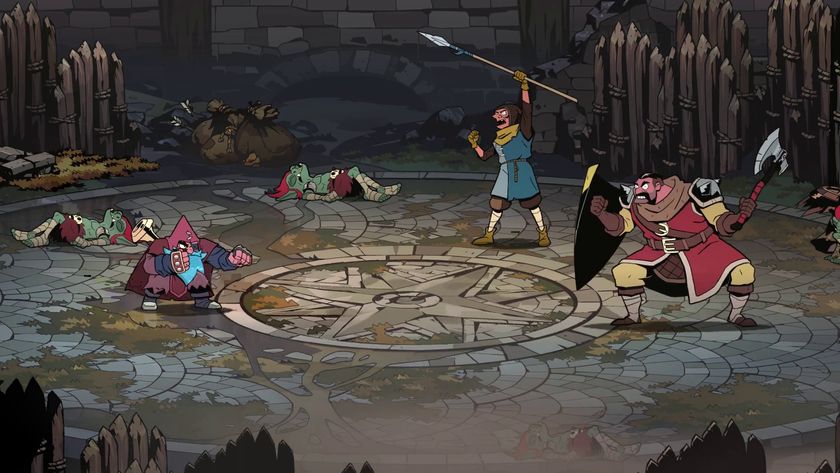


Daredevil: Born Again directors believe the brutal death scene was "done right," but there’s "definitely some worry" about fan reaction
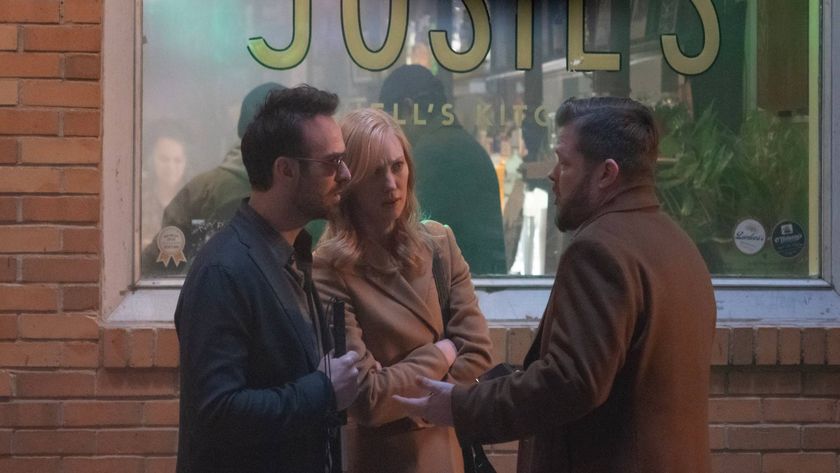
Daredevil: Born Again showrunners say shocking death scene of a fan-favorite character was in the scrapped version of the show, but it occurred off-screen
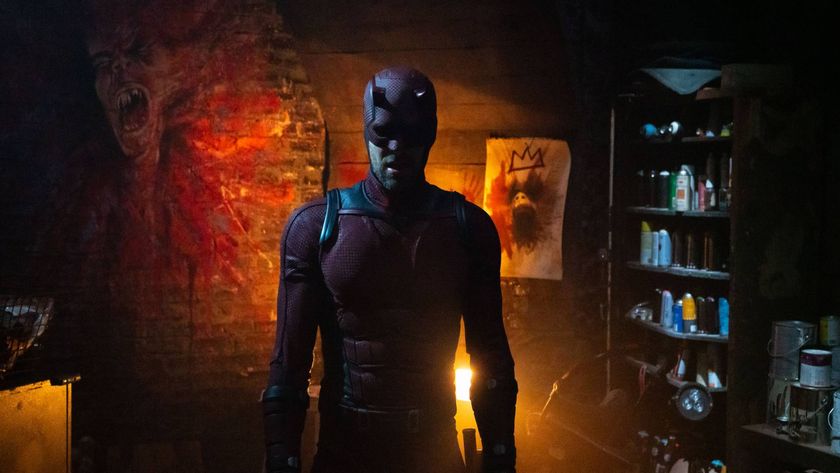
Who is BB Urich in Daredevil: Born Again?




